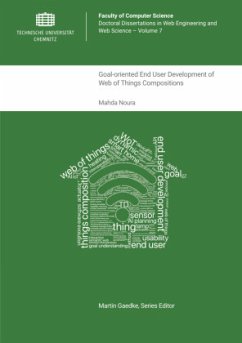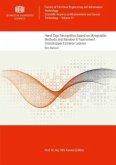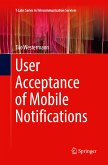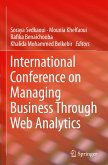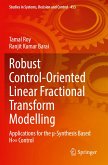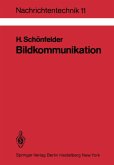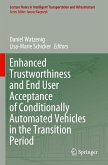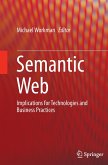The adoption of IoT devices has expanded due to their benefits, and the Web of Things (WoT) standard has further simplified access. However, enabling end users - especially non-technical ones - to compose WoT environments remains complex due to challenges in expertise, effort, and time. This thesis systematically analyzes the situation, identifying three key barriers: insufficient interoperability, usability, and usefulness. A set of requirements for end-user Things composition is derived and used to assess existing WoT research, revealing shortcomings in supporting heterogeneous Things composition.To address these issues, this thesis proposes GrOWTH (Goal-oriented End User Development for Web of Things) - a holistic framework integrating software engineering principles, formalisms, methods, and tools for Things interoperability, interaction, and composition. GrOWTH tackles vendor- and technology-dependent systems with a semi-automatic, knowledge-based approach, allowing personalized Things usage. A goal-oriented, multimodal interface enhances usability, while AI planning-based composition simplifies development and reduces effort.The feasibility and applicability of these concepts are demonstrated through various evaluation experiments and empirical user studies. The thesis concludes with an evaluation based on requirements assessment and technical evaluation of the approach with a smart home application scenario, accompanied by an outlook towards future research directions.
Bitte wählen Sie Ihr Anliegen aus.
Rechnungen
Retourenschein anfordern
Bestellstatus
Storno

